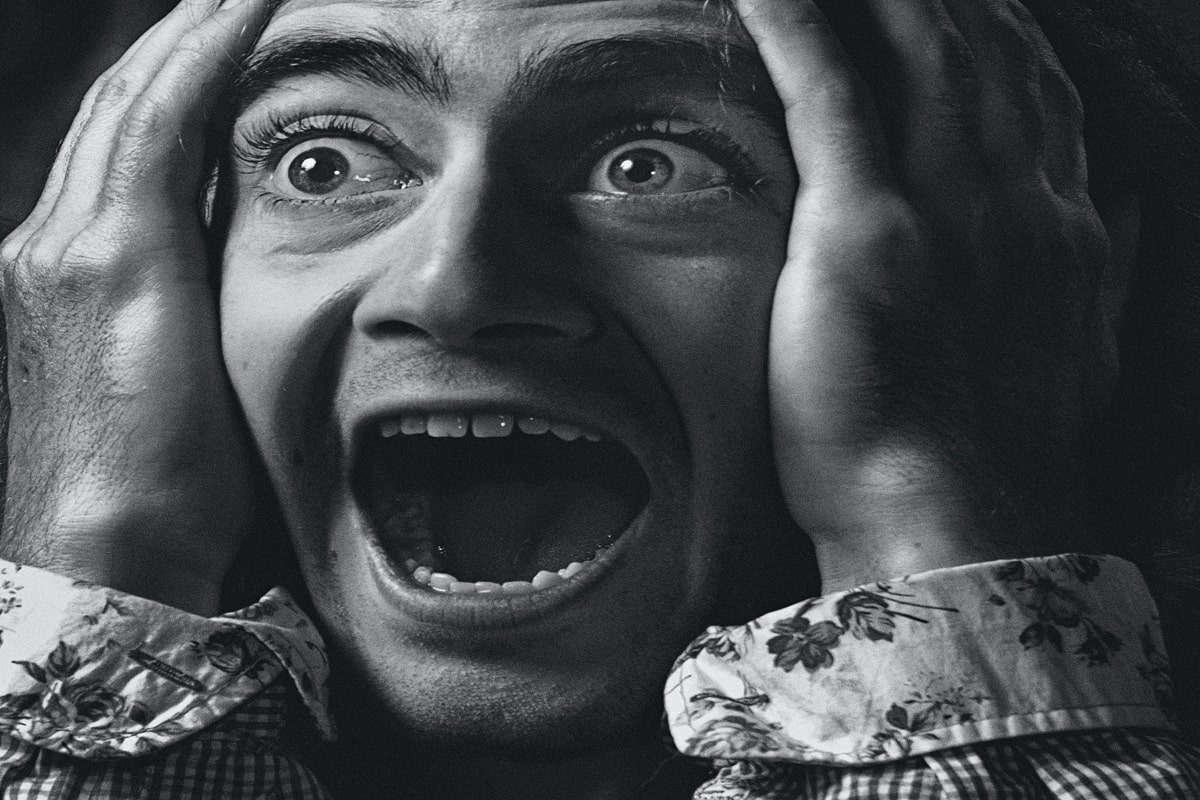Emotional Dysregulation is characterized by a person's inability to control or regulate their affective state, i.e., emotions, and behavioral signs, in response to various experiences they endure in life. In the United States, Emotional Dysregulation affects 1-3% of the population, causing people to experience sporadic emotional lapses, unstable relationships, and conflicts. From birth, our actions are determined by our perceptions of reality and resulting emotions. Over time, with experience of truth and maturity, and brain development, our reactions to certain events change, and we learn to achieve more appropriate behavioral outcomes. However, people with Borderline Personality Disorder(BPD) or depression are unable to control and monitor their emotions; thus, they are often confined to the vicious cycle of misunderstandings, relational drama, and feelings of loneliness. This kind of disorder usually causes a person to be susceptible to black and white thinking; therefore, it becomes difficult for him/her to adopt traditional therapies because the introspection it requires triggers distressing emotions, making things worse. Fortunately, there is an availability of Dialectical Behavior Therapy(DBT) - a synthesis of several therapeutic skills designed primarily to treat disorders like Emotional Dysregulation, including BPD, eating disorders, and so on.
What are the signs of Emotional Dysregulation?

People with emotion dysregulation often face a core difficulty in the following areas of concern:
1. High Sensitivity
Events or experiences that would not affect most people triggers an emotional reaction in them.
2. High Reactivity
They are more susceptible to their vulnerabilities, and overreact to situations, way more than laypeople.
3. Slow Return to Baseline
Emotions, like chemical reactions, eventually get pacified. In people with emotion dysregulation, this can take much longer.
The above difficulties associated with emotion dysregulation are most likely innate or inborn– in other words, they are biologically based, i.e., they are a part of their personalities that is unlikely to be ridden out through rigid routines. This can often lead to situations where a person faces constant crises, and stress level becomes extreme and erratic. This may also compel them to indulge in destructive behaviors, as an escape route from painful emotions in search of temporary relief.

How can DBT help?
Unlike traditional talk therapies that are generally free-flowing and ruminative, DBT is a highly structured form of a therapeutic model supported by research and controlled trials. With the help of western cognitive-behavioral techniques, psycho-educational modules, and mindfulness practices, DBT promotes systematic learning of new emotional coping skills and reducing vulnerability. It also eventually addresses the fallacious thoughts or beliefs and challenges the very source of emotional turmoils. DBT helps people suffering from Emotional Dysregulation, acquire several skills, like
- Identifying and addressing emotions
- Recognizing the obstacles to emotional control and riding it out
- Reducing vulnerability to the "emotion mind."
- Developing positive emotional events through the PLEASE MASTER skill -
- PL - Treating Physical Illness
- E- Eating a Balanced Diet
- A - Avoiding mood-altering substances like alcohol or drugs
- S - Getting Sleep
- E - Getting Regular Exercise.
- MASTER – refers to practicing daily activities that enable confidence and competency.
- Increasing mindfulness of current emotions while being focused and productive. Taking "opposite action," i.e., acting in a way that is opposite to current negative emotions.
- Applying distress tolerance techniques like distraction, self-soothing, and thinking of pros and cons.
DBT teaches people that whatever they are doing is the best they can now. Also, there is always a greater hope for positive change and improvement.
Will DBT fix my Emotional Dysregulation?
Dialectical Behavior Therapy is not a magic therapy that can instantly cure you of all your dysfunctional symptoms, but it is at the core of effective recovery treatment. The skills you will learn in DBT will build a foundation for working up your way towards healthy relationships, better understanding, and a seamless regulation of your emotions. To allow this program to be truly effective in your recovery, you must be committed to your DBT treatment plan, practice your DBT skills, monitor your progress, and be open to improvements.

